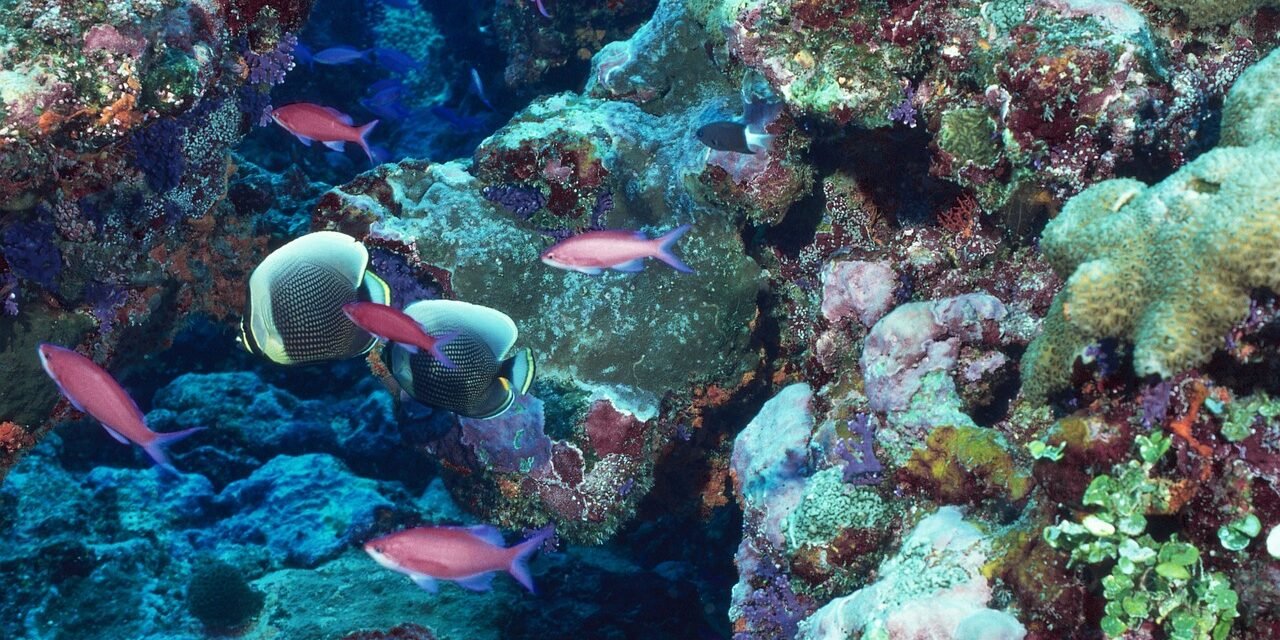The Economic Value of Jamaica’s Coral Reefs
Jamaica’s coral reefs are more than just stunning underwater landscapes—they are economic powerhouses hiding in plain sight. Stretching along the island’s coasts, these natural wonders fuel some of the country’s most important industries, from tourism and fishing to shoreline protection. Yet, despite their value, coral reefs in Jamaica face mounting threats that could cost the country billions if left unchecked.
A Backbone of the Tourism Industry
Tourism accounts for nearly 10% of Jamaica’s GDP, and coral reefs are a major draw. Snorkeling, scuba diving, glass-bottom boat tours, and beachside excursions all rely on healthy reef ecosystems. Visitors are willing to pay a premium for access to pristine marine environments. Without vibrant reefs, Jamaica’s appeal as a tourist destination would shrink—and with it, the foreign exchange earnings that keep the economy alive.
According to estimates by the World Resources Institute, reef-based tourism contributes tens of millions of U.S. dollars to Jamaica each year. Local businesses—hotels, restaurants, tour operators—depend directly on this natural asset. Coral reefs are not just a pretty backdrop; they are central to livelihoods and community survival.
Lifeline for Small-Scale Fishers
Beyond tourism, coral reefs play a vital role in Jamaica’s fishing industry. Reefs provide shelter, breeding grounds, and feeding areas for countless species of fish and invertebrates. Small-scale fishers rely on these waters for their daily catch, which feeds families and supports local economies.
The annual value of reef-related fisheries in Jamaica is estimated in the range of $4 million to $10 million USD. But the true value goes beyond numbers—fishing is a cultural cornerstone in many coastal communities. The reefs help maintain fish stocks, regulate marine populations, and keep a delicate balance in the ecosystem. Without them, Jamaica’s fishery sector would face collapse.
Natural Defense Against Storm Damage
One of the least recognized but most critical services coral reefs provide is coastal protection. Reefs act as natural breakwaters, absorbing wave energy and reducing the impact of storm surges and hurricanes—something Jamaica knows all too well. A healthy coral reef can reduce wave energy by up to 97%, shielding homes, roads, and infrastructure from erosion and flooding.
In monetary terms, this protection saves Jamaica millions in disaster recovery costs. As climate change brings more intense storms and rising seas, the importance of this ecosystem service grows. Investing in coral reef health is not just environmental—it’s a strategic defense move for the island’s future.
A Resource Under Threat
Despite their value, Jamaica’s reefs are in trouble. Overfishing, pollution, coastal development, and climate change have led to coral bleaching, reef degradation, and biodiversity loss. Coral cover in some areas has dropped by over 80% since the 1970s. When reefs die, the services they provide go with them.
Every lost coral colony chips away at tourism revenue, fish catches, and coastal safety. The economic losses compound year after year, affecting the most vulnerable communities first. It’s not just an environmental crisis—it’s a financial one.
The Case for Protection and Investment
Protecting Jamaica’s coral reefs isn’t just about ecology—it’s a smart economic move. Marine protected areas, reef restoration projects, sustainable tourism guidelines, and stronger fishing regulations can all help reverse the decline. These aren’t costs; they’re investments with high returns.
Supporting reef health means job security for fishers and tour guides. It means stable coastlines and fewer disaster recovery bills. And it means preserving the natural capital that gives Jamaica a competitive edge in the global economy.
If we want to keep enjoying the benefits of coral reefs, we must treat them as the national treasures they are—both beautiful and economically irreplaceable. The future of Jamaica’s economy could depend on it.









